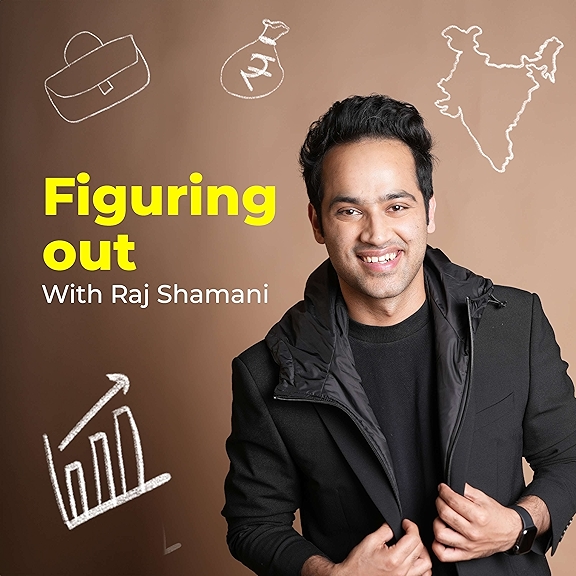
Developing Artificial Sensation for Brain-Machine Interfaces with Maria Dadarlat
In this episode highlighting the Weldon School of Biomedical Engineering, we meet Maria Dadarlat, an assistant professor of biomedical engineering at Purdue University and learn more about her work in neuroscience and neural engineering.
Professor Maria Dadarlat's research is aimed at developing artificial sensation for brain-machine interfaces, which could ultimately help restore motor control to people who have lost the ability to move due to paralysis or injury.
Professor Dadarlat joined the Weldon School of Biomedical Engineering faculty in August 2019. She received her BS in biomedical engineering from Purdue University and her PhD in the UC Berkeley-UCSF Joint Graduate Program in Bioengineering. Dadarlat is interested in understanding how animals learn to use novel sensory information to guide movements and in the application of these principles to neural prostheses. Her thesis work concerned the latter topic, studying how to use electrical stimulation of primary somatosensory cortex to deliver artificial sensation.
This is one of three episodes featuring Purdue University's Weldon School of Biomedical Engineering. Listen to more about Biomedical Engineering and other engineering topics at the Purdue Engineering podcast website.
Special thanks to Shruthi Suresh, our guest host for this podcast. Shruthi is a PhD candidate at the Weldon School of Biomedical Engineering with a Bilsland Dissertation Fellowship and was previously a Leslie Bottorff Fellow. Her research focuses on using signal processing, machine learning and data science to help individuals with mobility and visual impairments. When not in the lab, Shruthi can be found out on a run or curled up reading a book.




















